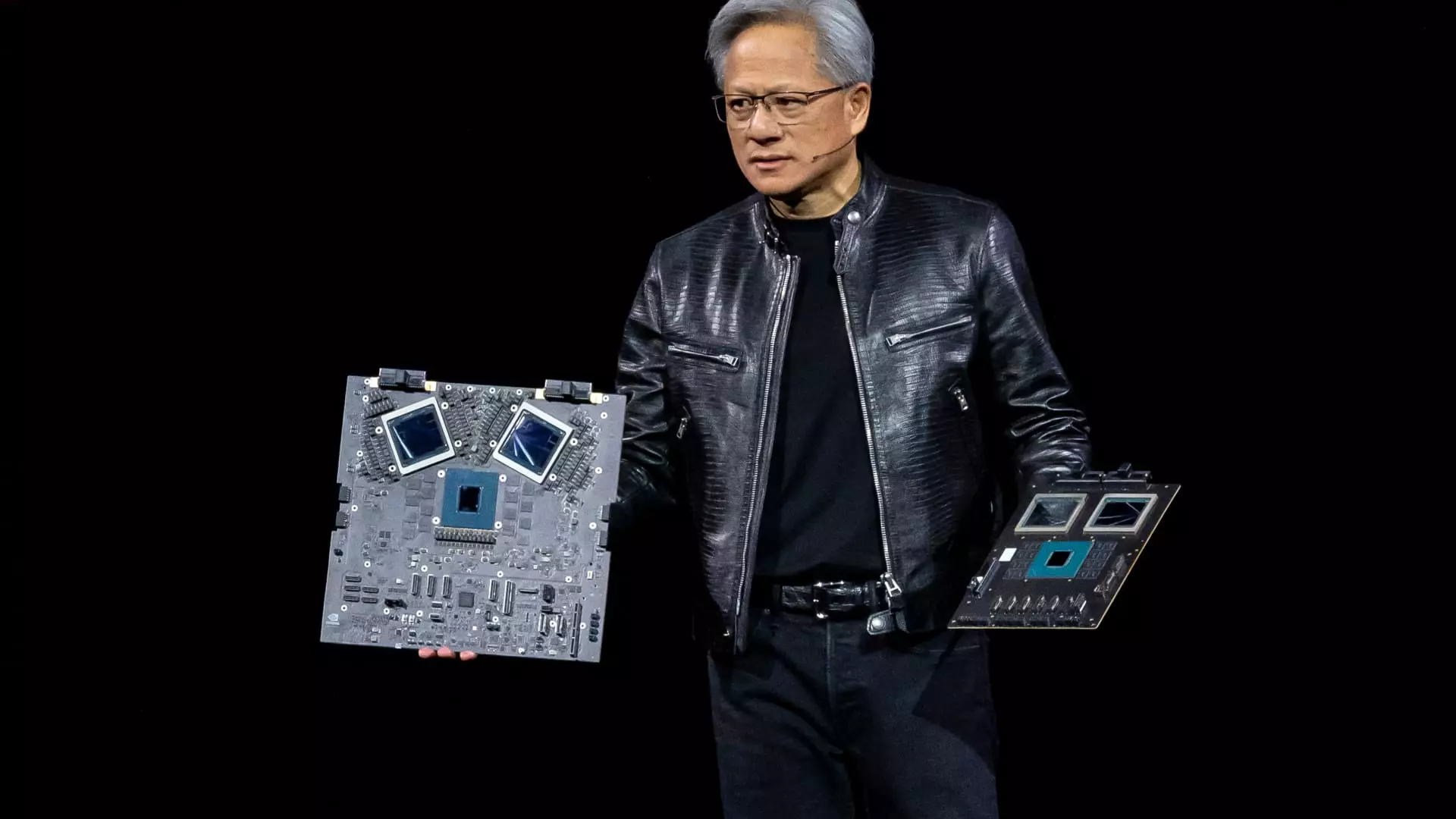The semiconductor industry is facing a period of significant change, driven by the booming interest in artificial intelligence. The latest earnings reports from various chip companies have shed light on the impact of AI on their financial performance. While some firms have seen their earnings soar, others have experienced disappointing results, showcasing the complex dynamics of the semiconductor supply chain.
Tech giants like Meta and Microsoft are at the forefront of the AI revolution, investing heavily in large language models (LLMs) and generative AI applications. These companies are pumping billions of dollars into capital expenditure to support their AI research and product development efforts, driving significant growth in the semiconductor sector. Nvidia, in particular, has benefitted from this trend, as its GPUs are essential for training LLMs.
Despite Nvidia’s dominance, rivals like AMD are also leveraging the AI boom to their advantage. AMD’s MI300X AI chip has gained traction in the market, with the company expecting a substantial increase in data center GPU revenue. This success underscores the evolving nature of the semiconductor industry, where new players are emerging to challenge the established leaders.
It’s not just chip firms that are reaping the rewards of the AI surge. Chip manufacturing and tool companies like TSMC and ASML are also seeing substantial growth in their financial results. TSMC’s net profit rose over 36% year-on-year, while ASML reported a 24% increase in net bookings. These companies play a crucial role in enabling semiconductor production, highlighting the interconnectedness of the semiconductor ecosystem.
Not all semiconductor firms are benefitting equally from the AI investment wave. Companies like Qualcomm and Arm, while touting their importance in AI applications, have seen their share prices suffer due to light guidance for the current quarter. Their exposure to AI technology is still limited compared to industry leaders like AMD and Nvidia, leading to challenges in capitalizing on the AI opportunity.
As the AI landscape continues to evolve, semiconductor companies will need to adapt to stay competitive. While established players like Nvidia and TSMC are riding the AI wave, newcomers like AMD are making significant strides in capturing market share. Companies like Arm and Qualcomm, with their focus on consumer electronics, will need to pivot towards AI-driven applications to unlock new growth opportunities.
The semiconductor industry is experiencing a period of transformation driven by the AI revolution. While some firms are capitalizing on this trend to achieve record-breaking financial results, others are struggling to keep pace. As the AI landscape evolves, semiconductor companies must innovate and adapt to thrive in this dynamic environment.


Leave a Reply